There are a lot of different games in the world, most of which don’t appeal to everyone. So why should Sekiro be any different?
Sekiro: Shadows Die Twice was released over three weeks ago now, and like many difficult games released in the last few years (most, but not all, developed by From Software) it caused a lot of back and forth about the game, with arguments for and against it coming from a great many angles. Discussions were decrying or defending it against accusations of poor accessibility, or just making the game challenging as a gatekeeping attempt. Other sides instead claim the challenge of the game as some kind of strange spiritual experience, and making the game easier would dilute that aspect.
So you know where I stand, I like From Software’s games and feel adding an ‘easy mode’ to the game would require a fundamental change in how they design a lot of their games. It’s not as simple as just slowing things down or lowering enemy health and damage since all of the games’ mechanics are built around the idea of aggressive, deadly enemies and mitigating that danger with items and efficient movements.
That I think is key to understanding my perspective on the games: FromSoft has spawned a new sub-genre of games with their most recent entries. The entire ‘Soulsborne’ series and Sekiro (which is admittedly different from those games in a lot of ways, closer to their old Tenchu games than a Souls game) are defined by their challenge, and have spawned waves of imitators like The Surge, Dead Cells, and the excellent Ashen which all put their own twists on the formula.
A game being referred to as Souls-like now has meaning, similar to the creation of the Metroidvania and Diablo-like sub-genres of the past. You generally know what you’re getting when you hear that term: high difficulty, aggressive enemies, emphasis on resource management, enemies repopulating when you die, respawn points being few and far between most of the time and lore or story that is fed to you in little tidbits rather than outright stated.
All of these elements combine into a unique experience other genres can’t really mimic. The difficulty is not just a feature of the game; it is the feature to which all of the others are subordinate. The resource management elements make the game more difficult and are simultaneously only relevant to increasing the difficulty by the increased enemy aggression, which isn’t as dangerous without the rare respawn points, which also isn’t an issue without the repopulating enemies.
The core design of the game is about feeding the specific kind of challenge a Souls-like game is meant to provide.
Which brings me to my primary point:
Not Every Genre Is Made For Every Person
There is an almost uncountable number of game genres and sub-genres out there. Many of them are niche and don’t appeal to everyone. I, for one, don’t like rhythm games like Just Dance or sports games in general. I’ve also grown cold on JRPGs over the years, though I used to like them. The core elements of all of those genres simply do not appeal to me.
And that’s fine. It is not a problem for someone to dislike a genre of game and realize it’s not for them. Because it’s not made for them, it’s made for someone whose tastes run differently from their own. The problem comes in when someone treats core elements of a genre they don’t like as if they’re a design flaw. I don’t like JRPGs any more because I don’t really like turn-based combat these days, and I have very little patience for grinding levels and consumables. The last mainline Final Fantasy game was Final Fantasy XII (unless you count Final Fantasy XIV: A Realm Reborn as a mainline game), and it ended up being the last new JRPG I completed. But I don’t go around claiming the JRPG genre needs to overhaul itself to match my tastes more closely.
There could be arguments to be made about a genre needing change if they’re making less money than they take to create, or just want to grow their market, but Sekiro‘s, and the Souls series and imitators alike’s sales numbers speak for themselves. There is a thriving market for these games, so there’s no reason to break down and rebuild the formula from scratch completely.
Fear of missing out is a common feeling, and I get it. Millions of people play these games and enjoy them, so a lot of people who have a hard time mastering the mechanics or just plain don’t like the repeated bashing of your head against a wall that sometimes comes with challenge points in this game feel obligated to try and find a way to enjoy them. Understandable, but I think these people need to take a good look at their motivations when they’re writing these articles saying a genre of game should change to meet their tastes, at the expense of everyone who likes the games as they are now.
If you don’t like something, it is okay not to consume it. This applies to any kind of media, but especially to games. The idea of a game is for you to have fun while playing it. If you’re not having fun, then stop playing it. There’s no shame in it, despite what some bad actors might claim. You’re not missing out on anything, because the only thing ahead of you is stuff similar to what’s behind (which you already know you don’t like). And now that you know you don’t enjoy the genre, you can simply not buy the next installment, or next imitator released, and instead spend that money on something you will enjoy.
That’s one of the great things about gaming: there’s something for pretty much everyone. I feel like I dislike more genres than I actually enjoy, and yet I still don’t feel starved for choice in this hobby. You should always try new things, of course, but nothing says you have to like it. And if you don’t, there’s always the next new thing around the corner.

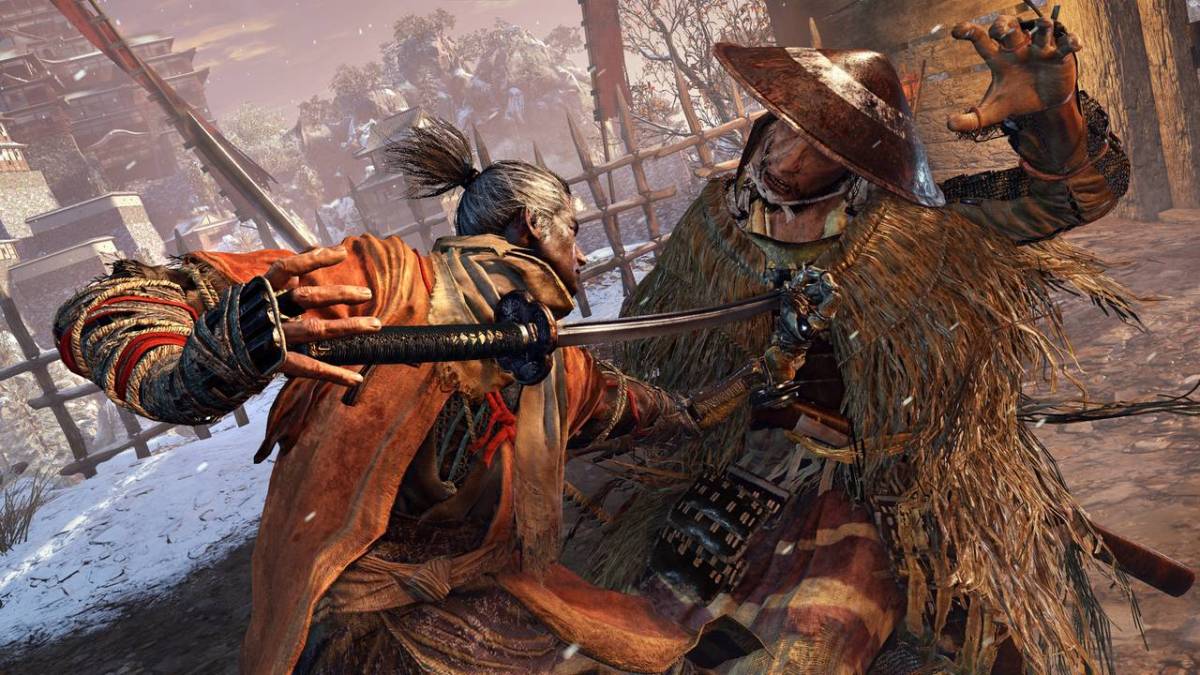
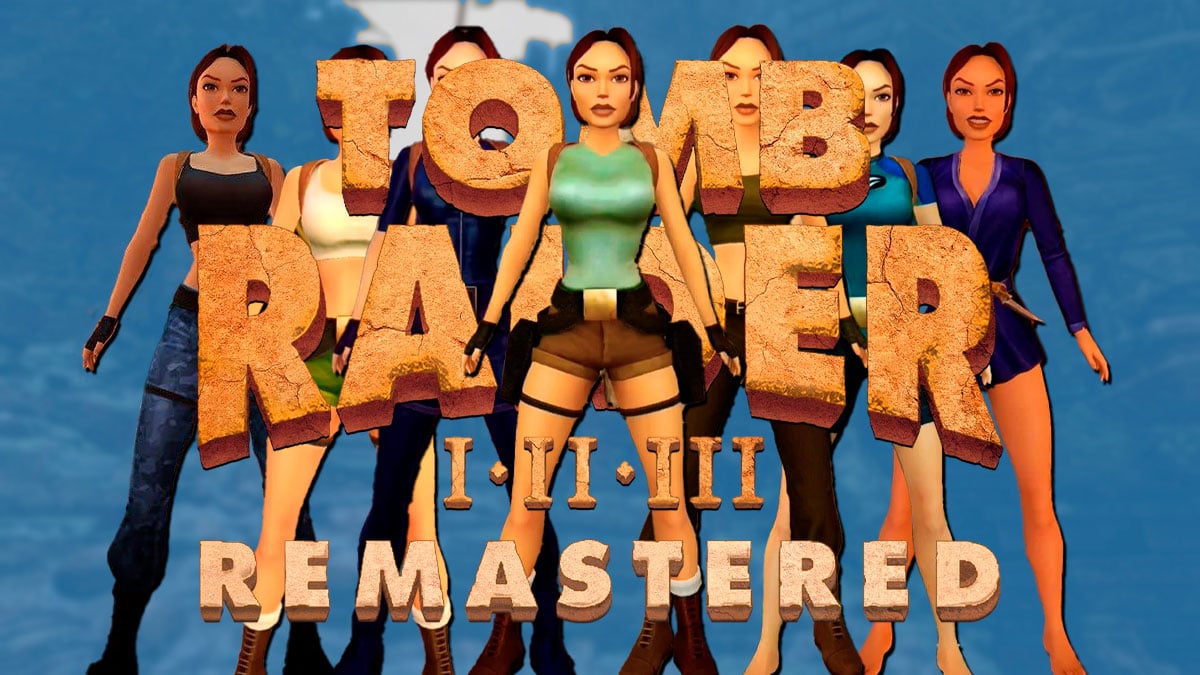
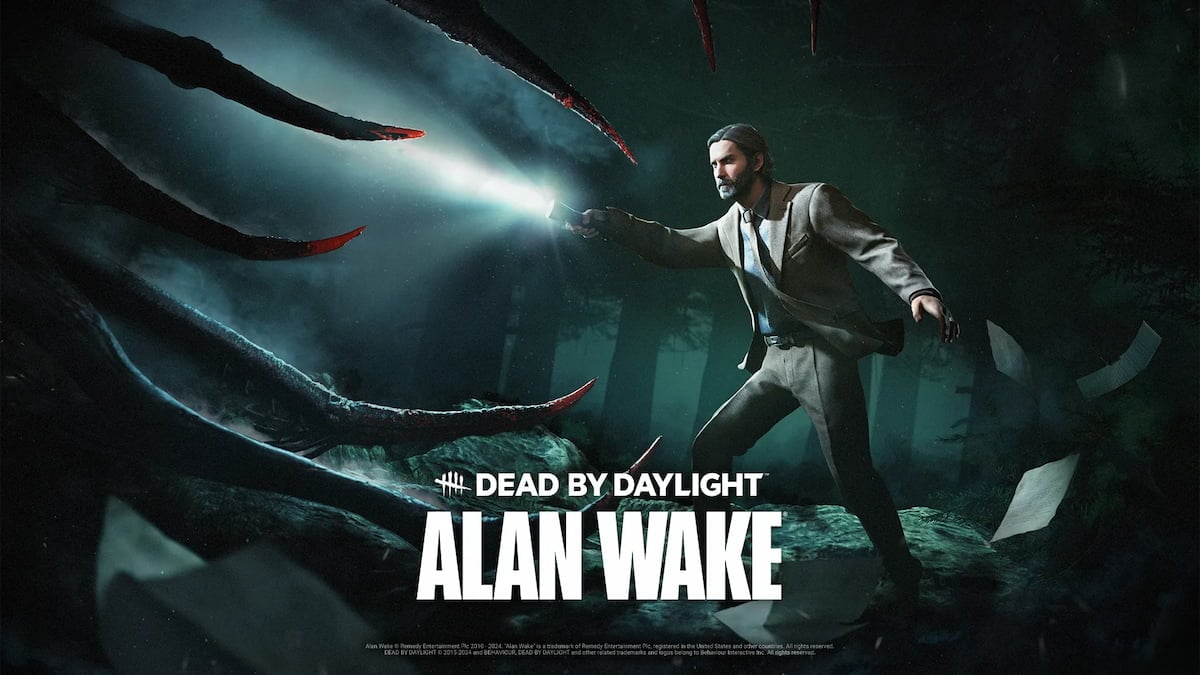
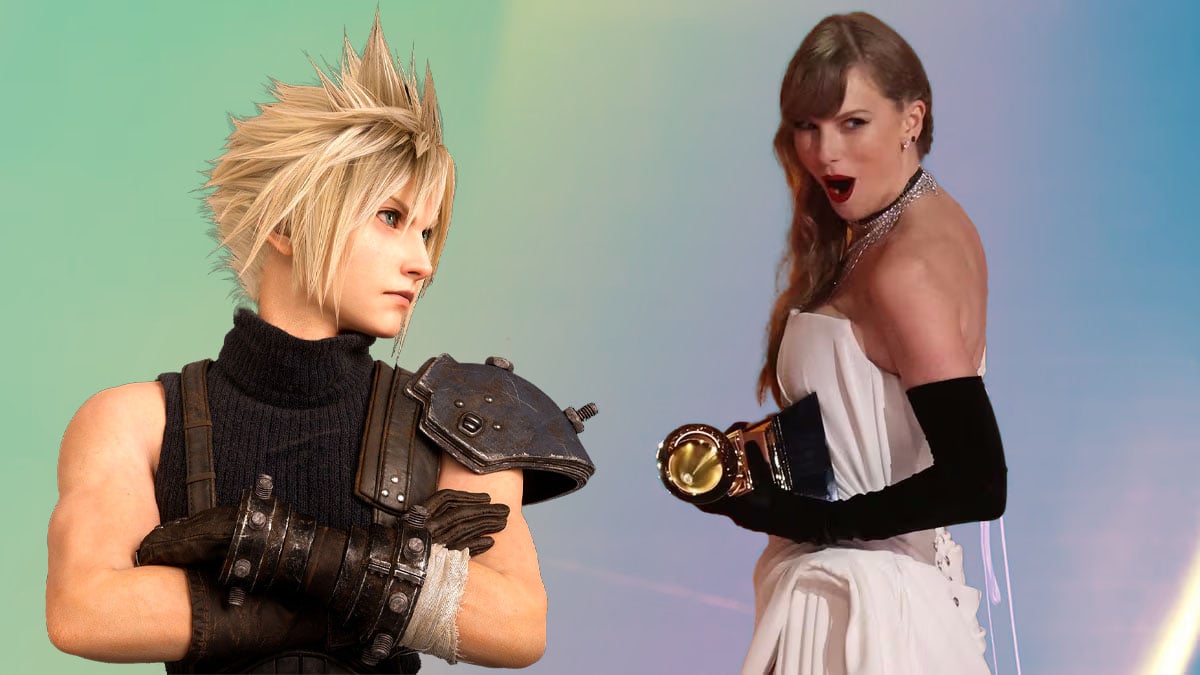
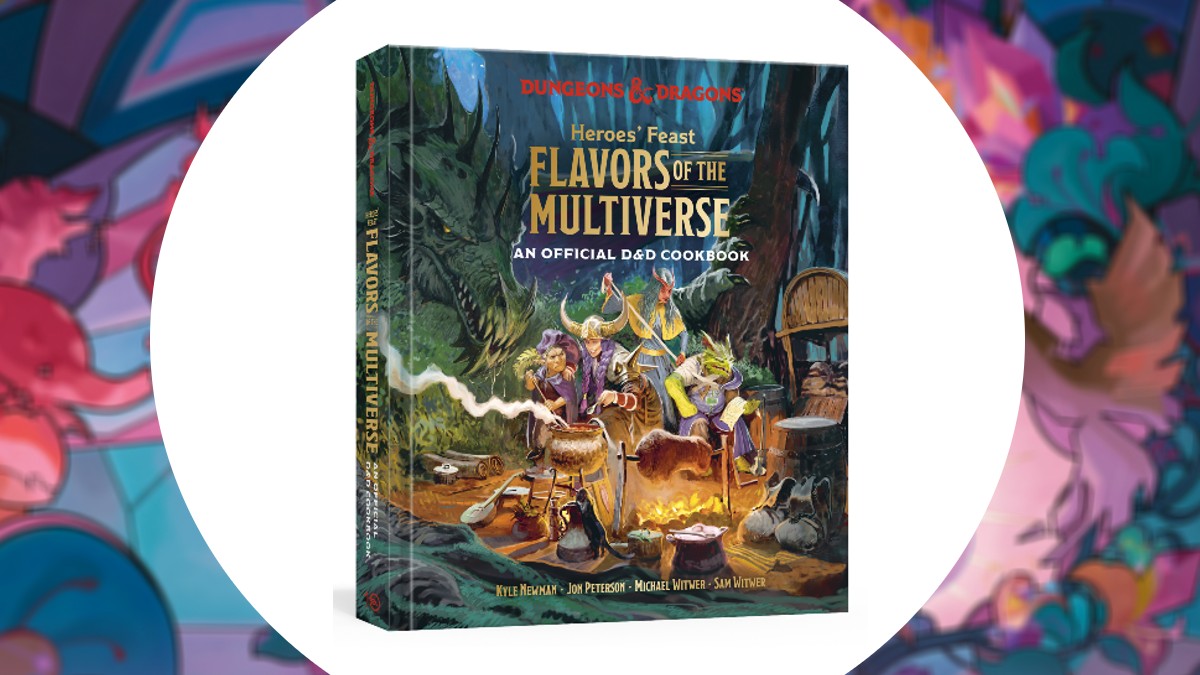
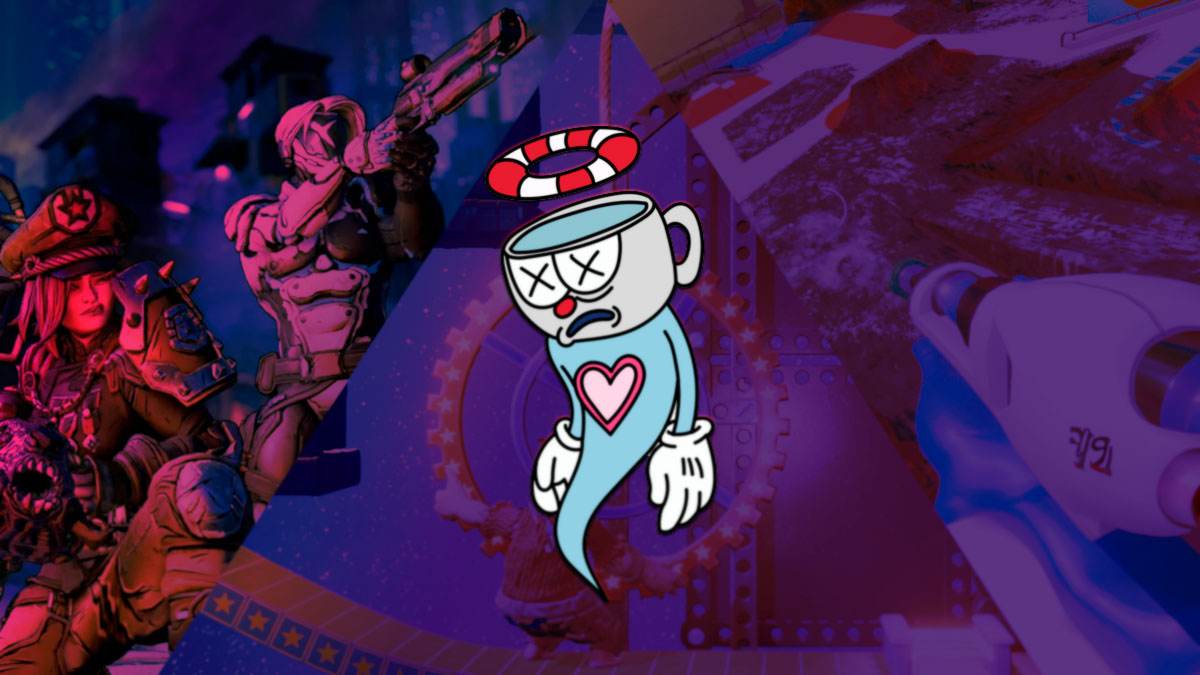
Published: Apr 12, 2019 02:16 pm